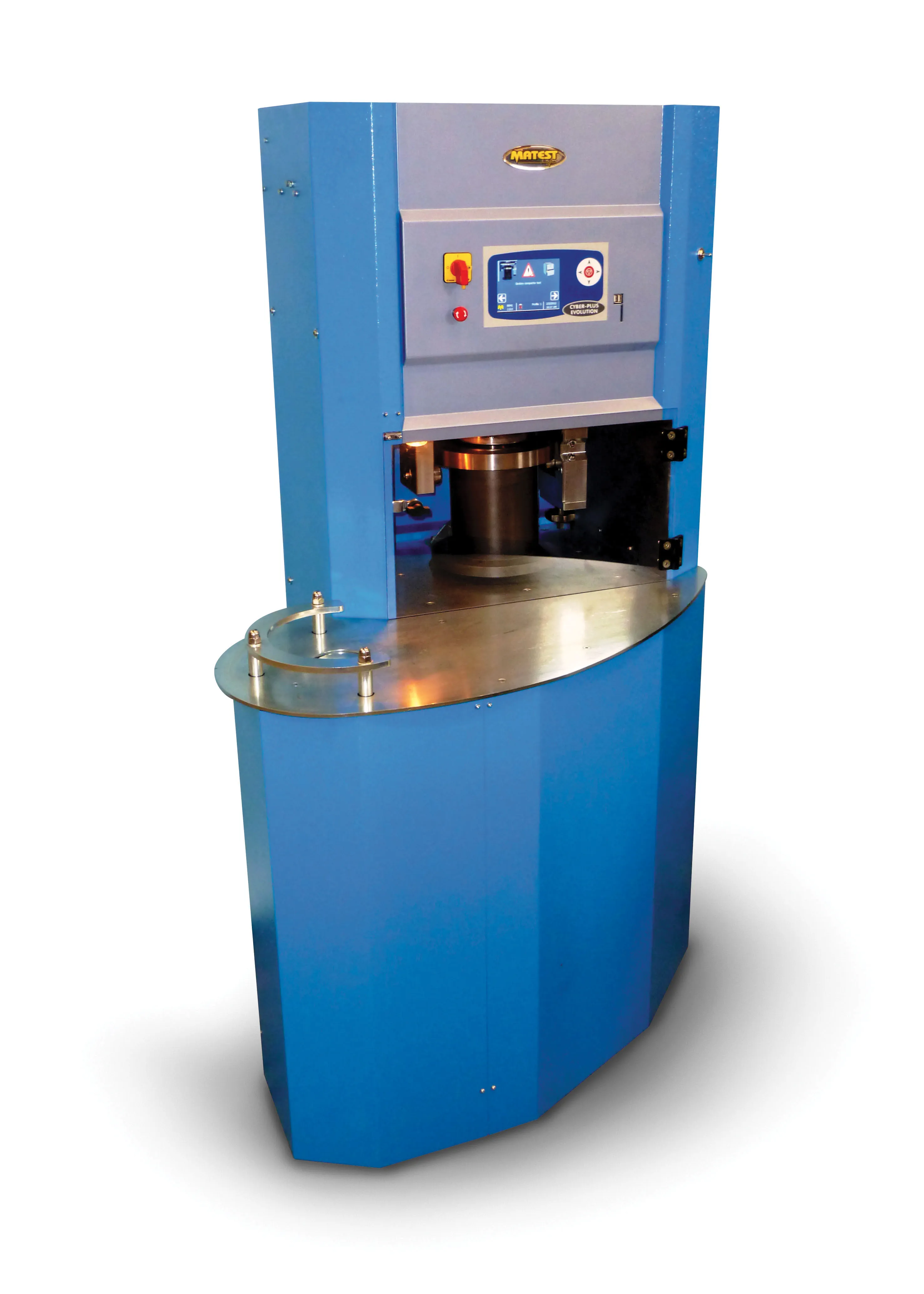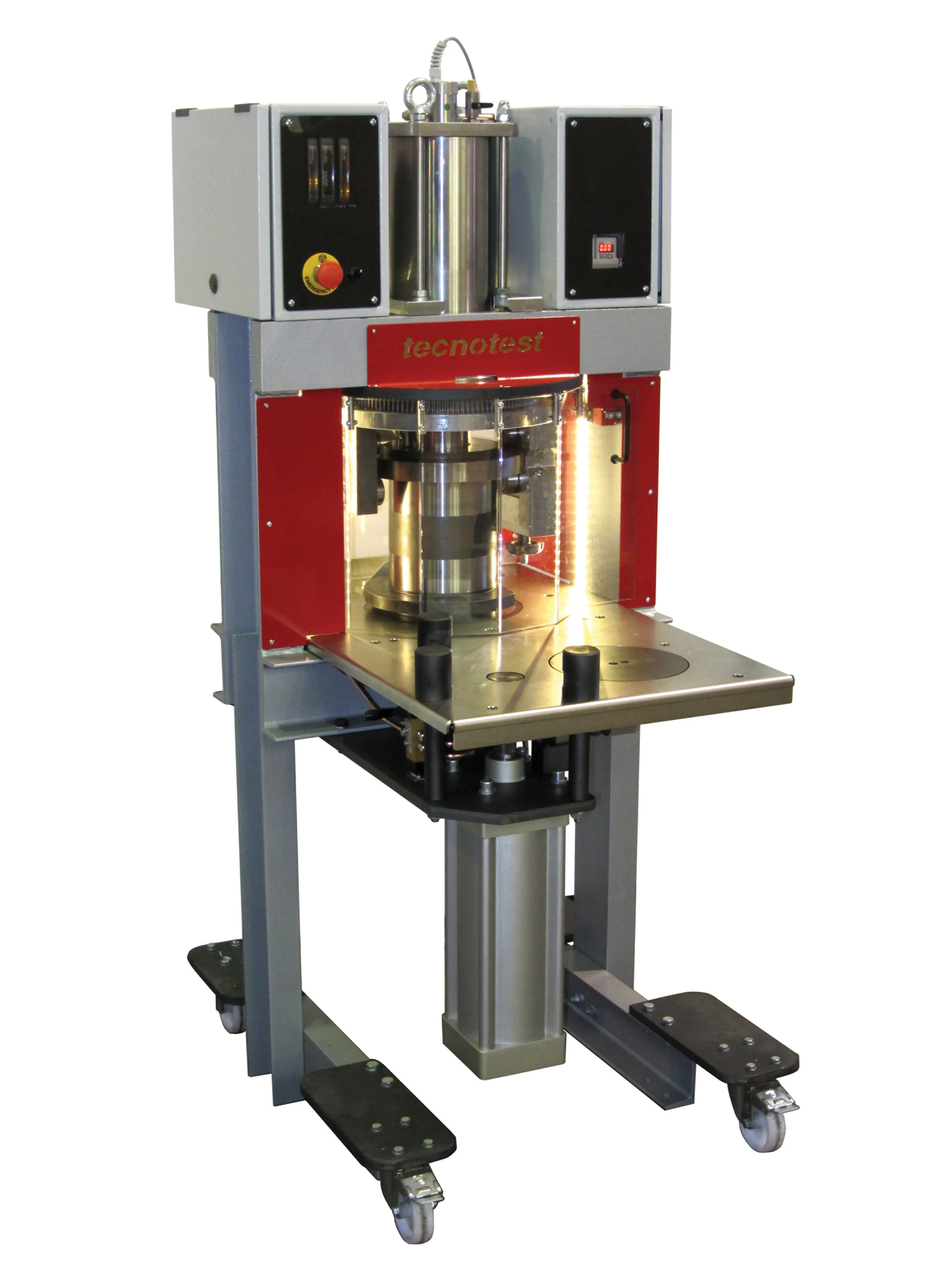A new technology developed by the VTT Technical Research Centre of Finland provides drivers with warnings of black ice on the roads. This automatic detection system will warn a driver in advance that a road is dangerous due to the presence of ice. According to VTT, this uses a novel, real-time method of obtaining information on road surface friction and employs data collected from the car’s in-built sensors. This compares the speeds of the drive shafts and axles in an array of driving conditions, with an al
January 23, 2013
Read time: 3 mins
A new technology developed by the 7108 VTT Technical Research Centre of Finland provides drivers with warnings of black ice on the roads. This automatic detection system will warn a driver in advance that a road is dangerous due to the presence of ice. According to VTT, this uses a novel, real-time method of obtaining information on road surface friction and employs data collected from the car’s in-built sensors. This compares the speeds of the drive shafts and axles in an array of driving conditions, with an algorithm determining the coefficient of friction of the roadway. The system can establish whether a road is icy after the vehicle has driven just a few kilometres and provides the necessary warning to the driver.
Further data is then collected from other vehicles and the co-ordinates of the icy patch or patches are transmitted wirelessly to a background system. This maintains a real-time map of the affected areas and generates a log of the road conditions. For each car that joins the system, the background system produces and transmits an individual data package on road conditions. This allows drivers to prepare in advance for slippery stretches of road.
Various vehicle terminal devices can be used to link the system, as long as they have sufficient capacity to carry out the necessary detection calculations, have a link to the vehicle's data bus, are equipped with a location tracking system and are able to connect to the background system. Information on coefficient of friction can be transmitted to drivers by means of warning lights, voice signals, text or symbols, according to the possibilities offered by the terminal device. As well as through vehicle terminal devices, this information can be utilised via many other communication channels, such as smart phones, the national media, weather forecasts or roadside signs.
Developed by VTT, this system fits all cars, irrespective of their make. At present, the system has been used in heavy lorries, but is also directly compatible with other heavy vehicles. Using the current method, passenger cars can also make use of the data produced by the system. In the future, the system can be expanded to make use of observations collected from passenger cars. The method's functionality has been tested in the field, in cooperation with Itella Logistics (former VR Transpoint’s groupage logistics business). The system was developed into its current form under the three-year Energy efficient and Intelligent Heavyduty Vehicle (HDENIQ) research project, principally funded by3969 Tekes.
Further data is then collected from other vehicles and the co-ordinates of the icy patch or patches are transmitted wirelessly to a background system. This maintains a real-time map of the affected areas and generates a log of the road conditions. For each car that joins the system, the background system produces and transmits an individual data package on road conditions. This allows drivers to prepare in advance for slippery stretches of road.
Various vehicle terminal devices can be used to link the system, as long as they have sufficient capacity to carry out the necessary detection calculations, have a link to the vehicle's data bus, are equipped with a location tracking system and are able to connect to the background system. Information on coefficient of friction can be transmitted to drivers by means of warning lights, voice signals, text or symbols, according to the possibilities offered by the terminal device. As well as through vehicle terminal devices, this information can be utilised via many other communication channels, such as smart phones, the national media, weather forecasts or roadside signs.
Developed by VTT, this system fits all cars, irrespective of their make. At present, the system has been used in heavy lorries, but is also directly compatible with other heavy vehicles. Using the current method, passenger cars can also make use of the data produced by the system. In the future, the system can be expanded to make use of observations collected from passenger cars. The method's functionality has been tested in the field, in cooperation with Itella Logistics (former VR Transpoint’s groupage logistics business). The system was developed into its current form under the three-year Energy efficient and Intelligent Heavyduty Vehicle (HDENIQ) research project, principally funded by









